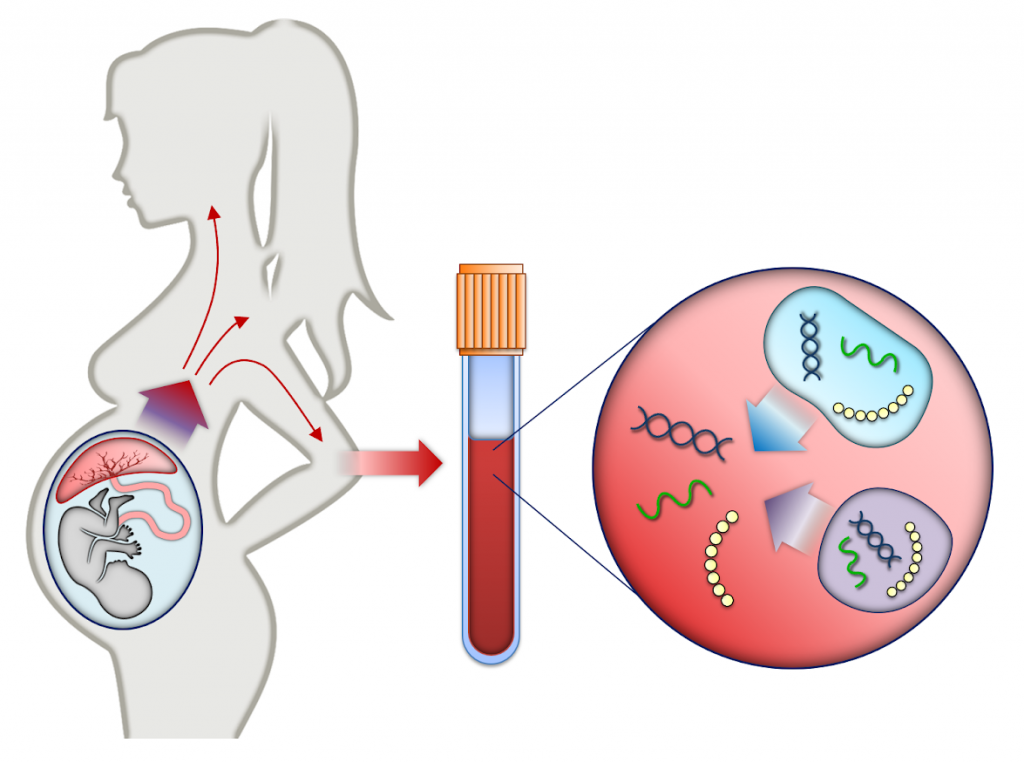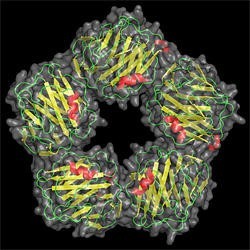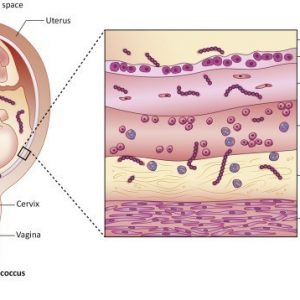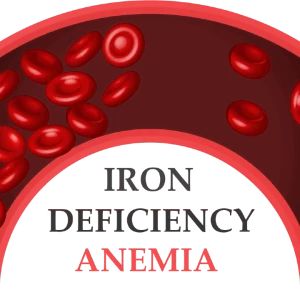
NIPT also known as noninvasive prenatal testing is a blood screening done to determine if the babies DNA is normal or it indicates risk for having genetic disorders including Down syndrome. The pieces of your baby’s DNA circulates in your bloodstream and this is tested. NIPT won’t be able to analyze for sure whether the baby has actual chromosomal disorder but will only be able to tell the probability of having that condition. The results of noninvasive prenatal testing (NIPT) helps the doctor to decide the next steps, including other diagnostic tests such as CVS, also known as chorionic villus sampling, or amniocentesis. These lab tests analyze the baby’s genetic material that is collected from the placenta or amniotic fluid for a chromosome abnormality. These tests are invasive and may slightly increase the chance of a miscarriage.
How is NIPT taken?
As NIPT involves a blood draw with a needle from your arm. It is safe for you as well as the baby. Once it is done a lab technician then looks at the DNA or CF DNA also known as cell free DNA for any signs of abnormalities. Once the results come your doctor will analyze the report with the result of your first trimester ultrasound or nuchal translucency screening and will let you know if you need to take any further testing or not. If the result is positive your doctor will suggest you to take amniocentesis or CVS to confirm any other problems that NIPT couldn’t detect.
Why is NIPT taken?
Every NIPT screen checks for the chromosomal disorders like Trisomy 21 also known as Down syndrome, Trisomy 18 also known as Edwards syndrome and Trisomy 13 also known as Patau syndrome. NIPT also tells your baby’s RH blood type.
Are there different kinds of NIPT?
Yes, there are different kinds of NIPT’s. Different panels are used for screening for various genetic disorders including triploid and micro deletion are used. There are different brands that can differentiate between the maternal and fetal CF DNA while others might not, but you can always ask your doctor which type of test they use.
When can you get NIPT done?
NIPT can be done any time after the 9th week of your pregnancy. Different screenings are done at different weeks during the pregnancy but you can always ask your doctor about these tests and how it can help you prepare for the further steps that need to be taken.






